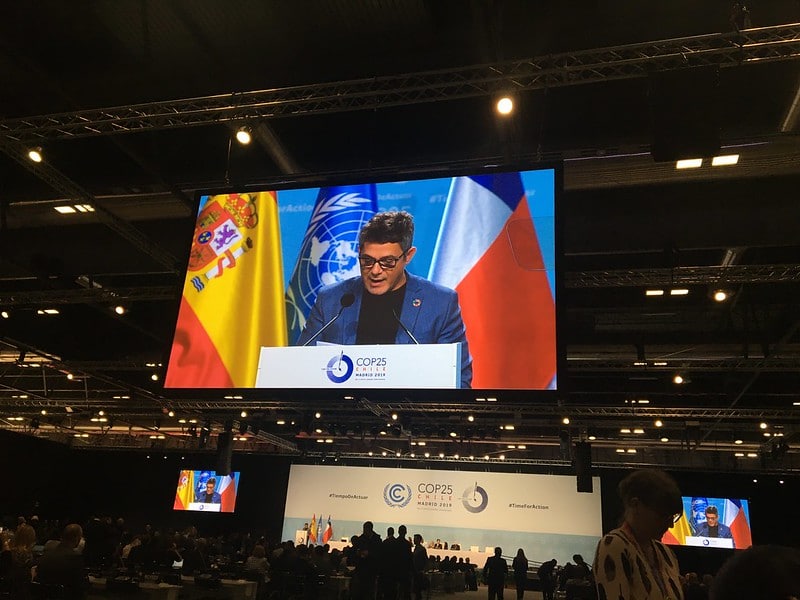While there is a glimmer of hope at containing the COVID-19 pandemic thanks to the accelerating rollout of vaccines around the world, the COP26 meeting, scheduled to be held in Glasgow this November, may still need to be held virtually, which may make it more difficult for countries to negotiate new agreements to slow climate change.
—
The Kyoto Protocol negotiations in 1997 saw officials spend 36 hours hashing out a plan to tackle climate change. When they finally emerged, they had the basis of the world’s first agreement to tackle climate change, in what was called by many a “brutal negotiating session.”
This year’s COP26 talks, the first in what is being called a critical decade for mitigating climate change, will be equally important in bringing countries together to pledge stronger climate commitments, a task that will be made all the more difficult should it be held over Zoom or Microsoft Teams. Some or all of the sessions may need to be held online if the pandemic isn’t sufficiently contained.
According to Bloomberg, no summits in recent years have finished on time as countries work to compromise on prickly issues, such as financial contributions. In fact, the Kyoto summit only finished when a show started setting up at the venue. Anne-Marie Trevelyan, the UK minister in charge of climate adaptation issues at COP26, says, “I really, really hope it doesn’t have to be virtual. The power of having people in a room together is unassailable when you’re trying to negotiate from lots of different positions.”
Already, the meeting was meant to be held last year and was postponed due to the pandemic. As hosts, the UK government has said that it is “doing everything it can to make sure that doesn’t happen again” and that the 197 countries involved can meet in person and negotiate further details of the Paris Agreement. An option being floated is to have hybrid talks, where some sessions are held in person, while others are online.
The Glasgow talks must finish what was started at the 2019 Madrid summit, which ended in failure as countries were unable to agree on creating a global carbon market mechanism. While this would allow for funding to be directed towards places where the biggest gains can be made cheaply, they need to ensure that it avoids double-counting, a loophole which led to the collapse of the previous UN carbon market, called the Clean Development Mechanism. Other outstanding issues remain on finance, capacity building, technology transfer and transparency.
You might also like: Restoring US-China Cooperation is Vital in the Fight Against Climate Change
Potential sticking points of the COP26 being held virtually include:
- How often countries should update their national climate pledges. While the US and China review their plans every five years, the EU won’t until 2040, having only recently decided on a 2030 goal.
- Equity. Developing nations have for years been looking to ensure that wealthier countries who are responsible for the majority of the planet’s emissions, take the lion’s share of responsibility for cutting emissions and providing funding. Meanwhile, negotiators in poor countries may not have access to good internet connections, reducing their ability to meaningfully take part in discussions, and time zones may put countries outside the Western hemisphere at a disadvantage.
A spokesman for the event says that cancellation still remains an option in order to ensure the health of the people of Glasgow. Any final decision will be taken by the UN in consultation with participating countries, however it has already offered its offices and venues around the world to allow COP26 negotiations to be held virtually.
The success at COP26 may depend on the success of the talks in the months leading up to it. UN Secretary General Antonio Guterres has already said that talks throughout this year will need to take place online. Ahead of COP26, countries are expected to put forward their new near-term climate pledges. The deadline for updated plans was the end of 2020 but many countries haven’t submitted theirs. Rich nations have also yet to reach their goal to deliver USD$100 billion a year to help poor countries deal with the worst impacts of global warming. He says, “We simply cannot allow the pandemic to keep us from working together on the crucial pathway to Glasgow. Although there will be challenges, we must adapt. The stakes are too high to do otherwise.”
Featured image by: Flickr

















